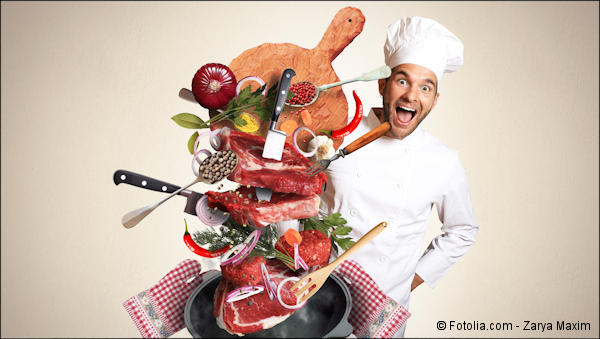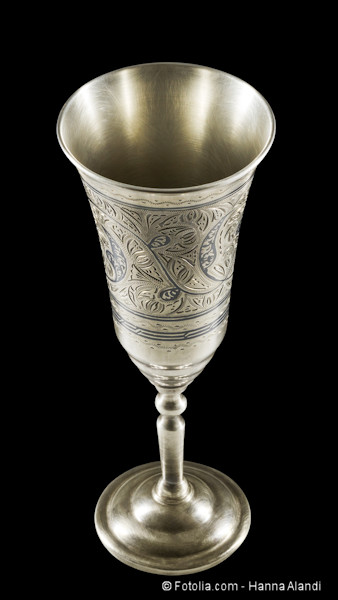For the week of April 29, 2017 / 3 Iyar 5777
Tazri’a & Mezora
Torah: Vayikra/Leviticus 12:1 – 15:33
Haftarah: 2 Melachim/2 Kings 7:3-20
Download Audio [Right click link to download]
The leprous person who has the disease shall wear torn clothes and let the hair of his head hang loose, and he shall cover his upper lip and cry out, “Unclean, unclean.” He shall remain unclean as long as he has the disease. He is unclean. He shall live alone. His dwelling shall be outside the camp. (Vayikra/Leviticus 13:45-46)
Now there were four men who were lepers at the entrance to the gate. And they said to one another, “Why are we sitting here until we die?” (2 Melachim/2 Kings 7:3)
In the social structure of ancient Israel, few, if any, were regarded as low as those suffering from infectious skin diseases traditionally referred to as leprosy. These diseases were probably of a wider variety than what is regarded as leprosy today. For the sake of our discussion the technical medical difference is beside the point. The sufferers of this type of disease were severe outcasts, the untouchables, of that society. This week’s parsha (English: Torah reading portion) includes a considerable amount of material with regard to the diagnosis, maintenance, and ritual cleansing procedures for those afflicted with these diseases.
With the exception of the rare cases of recovery, suffice it to say that those so afflicted did little more than exist until they died. Social interaction only occurred between themselves. There would be no meaningful interaction between these poor souls and the wider community.
It is their personal cultural irrelevance that makes this week’s Haftarah (accompanying reading from the books of the Prophets) that much more intriguing and instructive. By the way, the divisions of the Hebrew Bible, unlike most English versions, places the books of Joshua, Samuel, and Kings among the Prophets. Our Haftarah tells the story of four outcasts – men with leprosy. But look where they are! They are in the city gate, not outside the camp where the Torah clearly states they should be. This is most likely due to the terrible condition of the city at that time. Samaria, the capital of the northern kingdom of Israel where they were living, was under siege by the Syrian army. The resulting famine was so bad that mothers were eating their own children (see 2 Melachim/2 Kings 6:24-31).
More significant than where these outcasts are is what occurs in their hearts, which leads to great transformation both for them and for the entire city. They realize that they have nothing to lose. If they stay where they are, then like everyone else they will die. But if they go out to the Syrian camp, while there is a good chance they would be killed, there is also a chance, however slim, of being spared, which might include food.
Based on this calculated risk, they head out to find that the Syrians had suddenly abandoned their camp, leaving loads of stuff behind. After helping themselves to a great deal of food, drink, and other items, they decided they weren’t doing right by keeping it all to themselves. So, they reported the good news of their discovery, and the well-being of the city was restored.
Four men who normally could not be the source of any significant benefit to their community became God’s channel of positive societal change. What did it take for that to happen? First, they reckoned with the general state of affairs. The city was in an extremely bad way and it wasn’t going to get better on its own. Second, they reckoned with their own plight. They couldn’t just sit there and remain passive any longer. Convinced they would likely meet death either way, they decided to take the risk.
Have we sufficiently reckoned with the state of affairs we find ourselves in today? The blessings and freedoms of western civilization have been evaporating before our eyes as secularism and anarchy rush to take its place. Misguided detached spirituality has lulled too many Yeshua followers into a passive stupor, while angry rhetoric shouted over our airwaves and in social media shuts down intelligent discourse. Up until now you thought you had no voice, and there was nothing you could do to make a positive difference. At some point, it will be too late to act. Your opportunity will pass you by. Perhaps now is the time to take a risk and face your fears. What’s the worst that can happen?
All scriptures, English Standard Version (ESV) of the Bible


